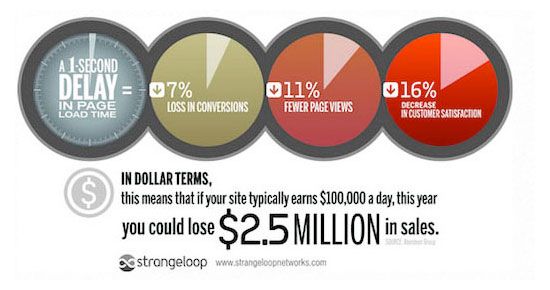In today’s competitive business environment, every small business owner wants to save as much money as possible and maximize their profits. One effective way to achieve this goal is through tax planning. By understanding the tax laws and implementing appropriate strategies, small businesses can reduce their tax liabilities and keep more of their hard-earned money. In this article, we will explore some essential tax planning tips specifically catered to small businesses.
1. Structure Your Business Entity Wisely
Choosing the right business structure is crucial for minimizing taxes. The most common structures for small businesses include sole proprietorship, partnership, limited liability company (LLC), and S corporation.
By consulting with a tax professional, you can determine the most tax-efficient structure for your venture. For instance, an LLC or S corporation can help you avoid double taxation, while a sole proprietorship may be suitable if you prefer simplicity.
2. Keep Detailed Records
Maintaining accurate and comprehensive records is essential for efficient tax planning. By tracking your income, expenses, and deductions throughout the year, you can ensure that you claim all possible deductions and avoid any penalties or legal issues.
Implementing an organized record-keeping system can save you valuable time and stress during tax season. Consider using accounting software or hiring a professional bookkeeper to manage your financial records effectively.
3. Deductible Expenses
Familiarize yourself with which expenses are tax-deductible for your business. Commonly deductible expenses include rent, utilities, advertising costs, employee salaries, office supplies, and travel expenses related to business operations.
By carefully tracking and documenting these expenses, you can significantly reduce your taxable income. However, it is important to consult a tax advisor to ensure that you comply with all relevant laws and regulations.
4. Take Advantage of Tax Credits
In addition to deductions, small businesses can benefit from various tax credits offered by the government. Tax credits directly reduce the amount of tax owed, providing a greater advantage than deductions, which only reduce taxable income.
Research the available tax credits, such as the Small Business Health Care Tax Credit or the Research and Development Tax Credit, and determine if you meet the necessary criteria. Utilizing these credits can be a powerful way to save on taxes.
5. Retirement Plans
Establishing a retirement plan not only benefits your future but also creates tax advantages for your small business. Contributions to qualified retirement plans like Simplified Employee Pension (SEP) or 401(k) are typically tax-deductible.
Additionally, these plans allow your contributions to grow tax-free until withdrawn during retirement. Offering retirement benefits may also attract and retain talented employees by offering an additional incentive.
6. Hire a Professional
Tax laws and regulations can be complex and ever-changing. Consider seeking the expertise of a certified public accountant (CPA) or a tax advisor who specializes in small business taxation.
A professional can provide invaluable advice and ensure you are taking full advantage of all tax benefits available to your business. They can guide you through the tax planning process and help you minimize your tax liability legally and efficiently.
7. Plan for the Future
Successful tax planning for small businesses requires a long-term perspective. Monitor changes in tax laws and adapt your strategies accordingly. Regularly review your business structure, investments, and growth plans to ensure that they align with your tax goals.
By staying ahead of potential tax implications and being proactive, you can protect your business’s financial health and maximize your tax savings in the long run.
Conclusion
Tax planning is an essential aspect of running a successful small business. By consulting with professionals, keeping accurate records, identifying deductible expenses, utilizing tax credits, and planning for the future, small business owners can optimize their tax strategies and minimize their tax burden.
Remember, it is crucial to consult with a tax advisor who can provide personalized guidance tailored to your specific business needs. With effective tax planning, small businesses can allocate more resources towards growth, innovation, and achieving their long-term objectives.


